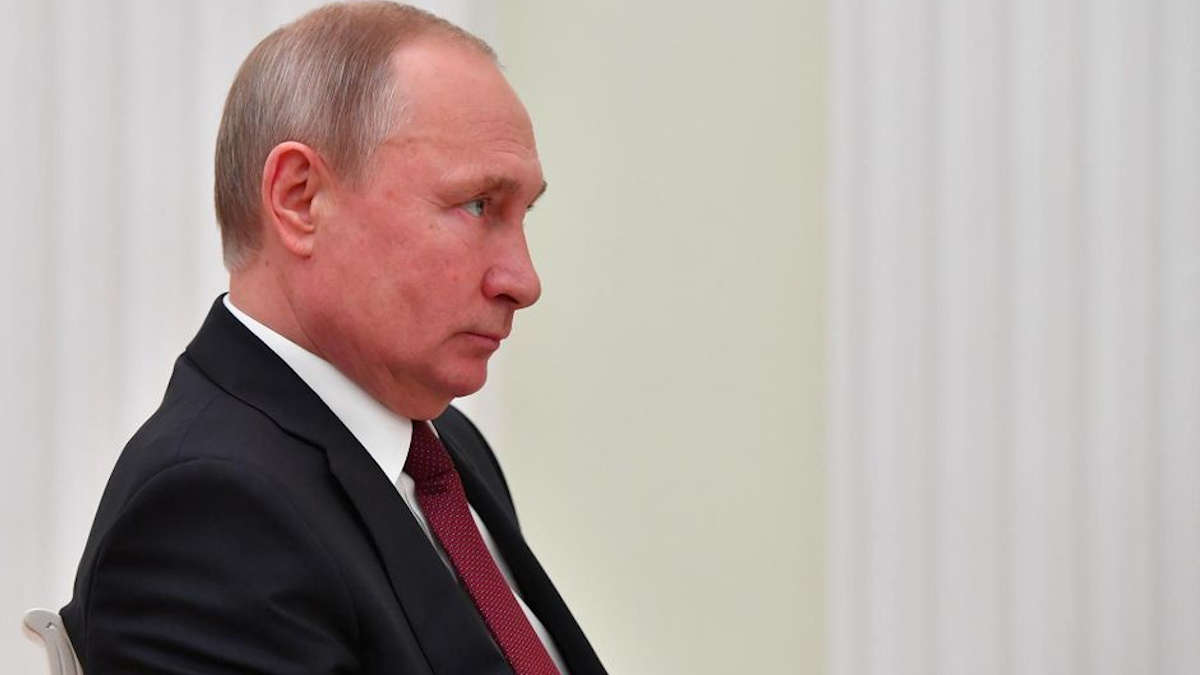La perspective d’un conflit nucléaire, autrefois principalement associée à la période de la Guerre Froide et à des événements critiques tels que la Crise des missiles de Cuba en 1962, refait surface dans les discours contemporains. À cette époque, la tension entre les États-Unis et l’Union Soviétique avait atteint un point culminant, poussant le monde au bord d’une confrontation nucléaire évitée de justesse par la diplomatie.
Malgré la dissolution de l’Union Soviétique et la fin de la Guerre Froide, la menace d’un usage d’armes nucléaires n’a jamais été complètement écartée, la doctrine de la destruction mutuelle assurée gardant une certaine pertinence. Il y a quelques heures, le président russe Vladimir Poutine, dans un entretien avec l’agence de presse RIA et la chaîne de télévision publique Rossiya-1, a affirmé la préparation de la Russie à un possible engagement nucléaire, tout en soulignant que la situation n’exige pas encore une telle mesure.
« D’un point de vue militaro-technique, nous sommes évidemment prêts », a déclaré Poutine, évoquant la possibilité d’une réaction à une menace directe sur la souveraineté de la Russie. Selon Poutine, la doctrine nucléaire russe, qui autorise le recours à l’arme nucléaire en cas d’attaque par de telles armes ou lorsque l’existence de l’État est menacée, reste un principe fondamental. Il a cependant précisé que le déploiement de forces américaines en Ukraine ou sur le territoire russe serait considéré comme une provocation directe.
Malgré la fermeté de ses propos, Poutine a tempéré en indiquant que le moment n’était pas à la précipitation vers un affrontement nucléaire. « Il y a assez de spécialistes des relations russo-américaines et de la retenue stratégique aux États-Unis. Ainsi, je pense que rien ne presse, mais nous y sommes prêts », a-t-il ajouté, réaffirmant une position de force tout en laissant une porte ouverte à la diplomatie. Ce discours intervient à l’aube de l’élection présidentielle russe, du 15 au 17 mars, où Poutine est largement attendu pour remporter un cinquième mandat.
Il souligne que, malgré les tensions, la Russie n’a pas eu à recourir à son arsenal nucléaire, notamment en Ukraine, reflétant une stratégie de dissuasion plutôt que d’agression. L’affirmation de Poutine résonne dans un contexte international déjà chargé, rappelant la fragilité des équilibres géopolitiques et la nécessité d’une approche mesurée et diplomatique pour éviter l’escalade vers un conflit nucléaire potentiellement catastrophique.







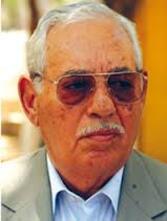

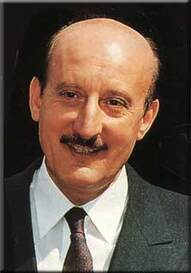
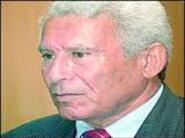
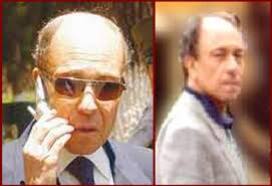







 Twitter
Twitter del.icio.us
del.icio.us Facebook
Facebook Digg
Digg Technorati
Technorati Yahoo!
Yahoo! Stumbleupon
Stumbleupon Google
Google Blogmarks
Blogmarks Ask
Ask Slashdot
Slashdot